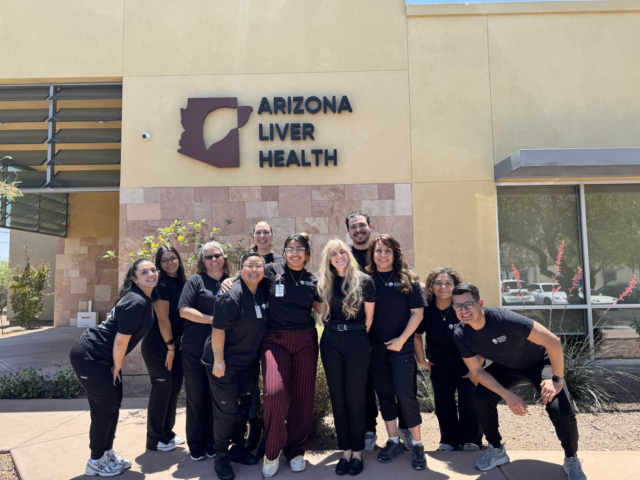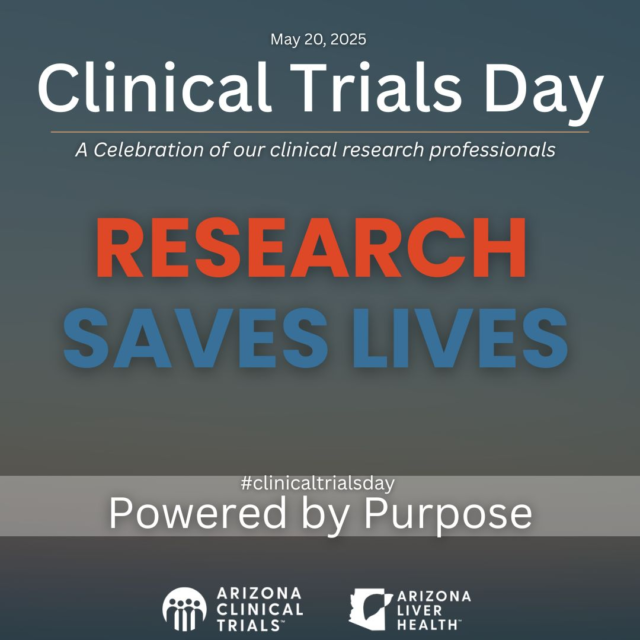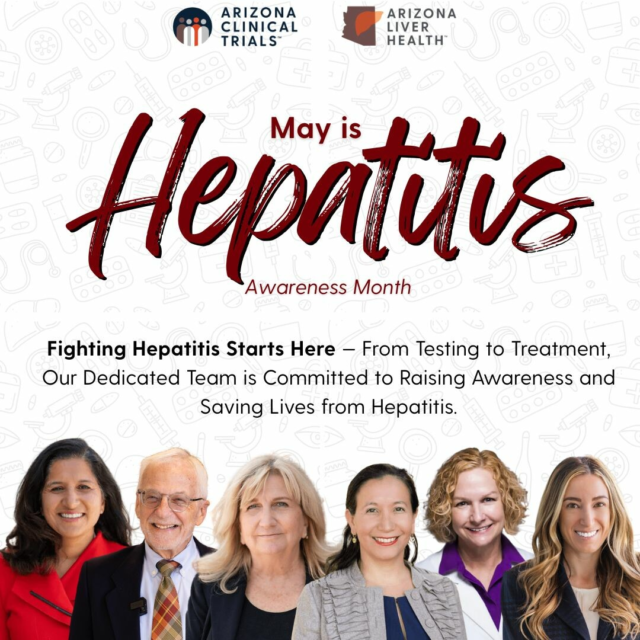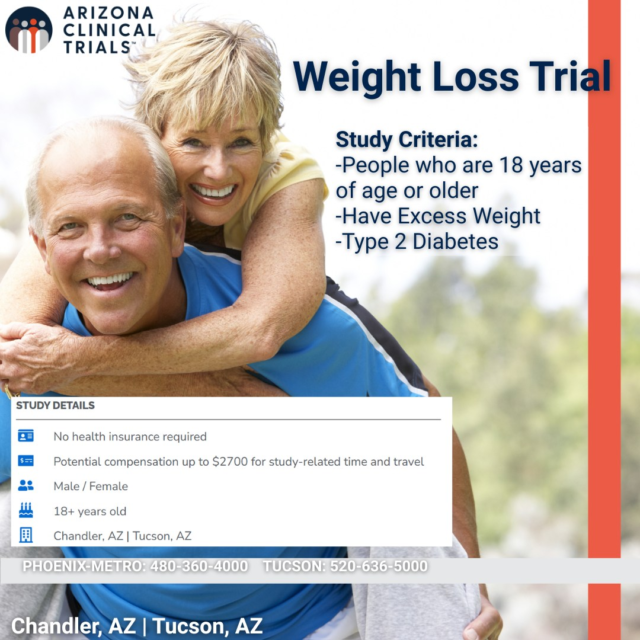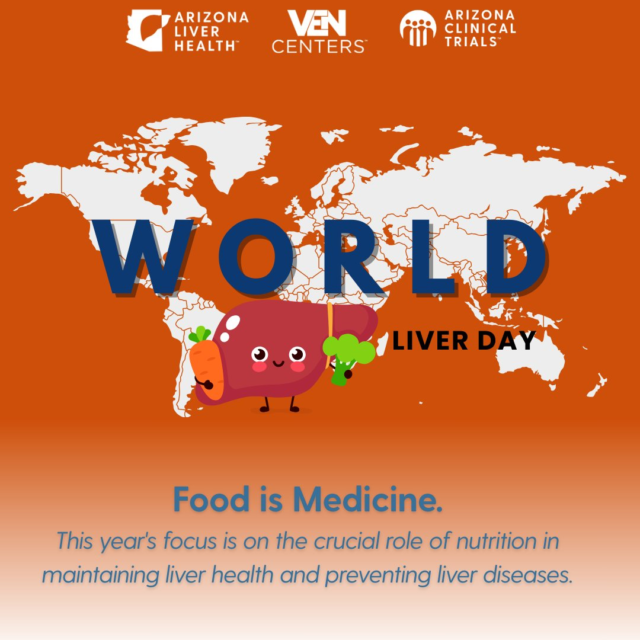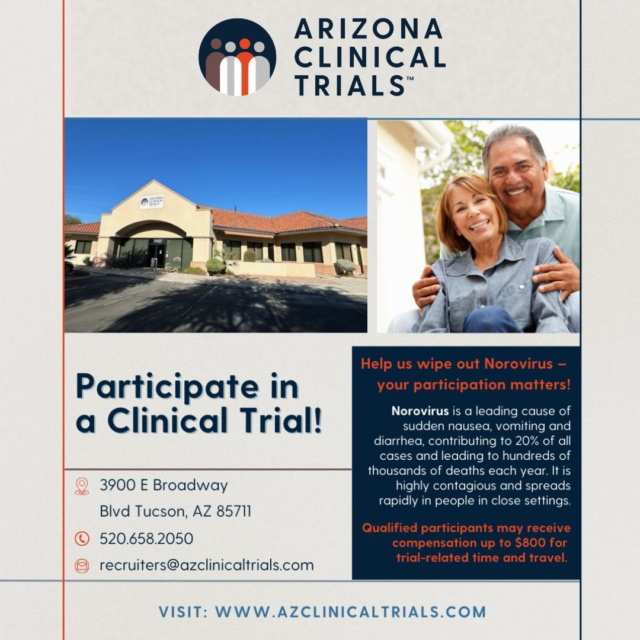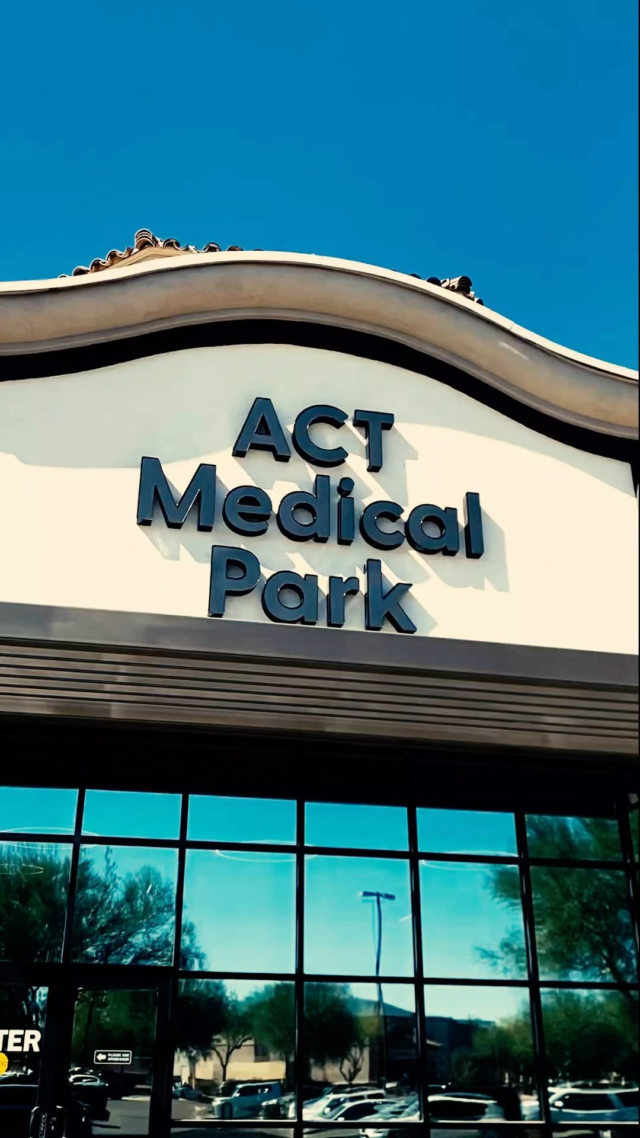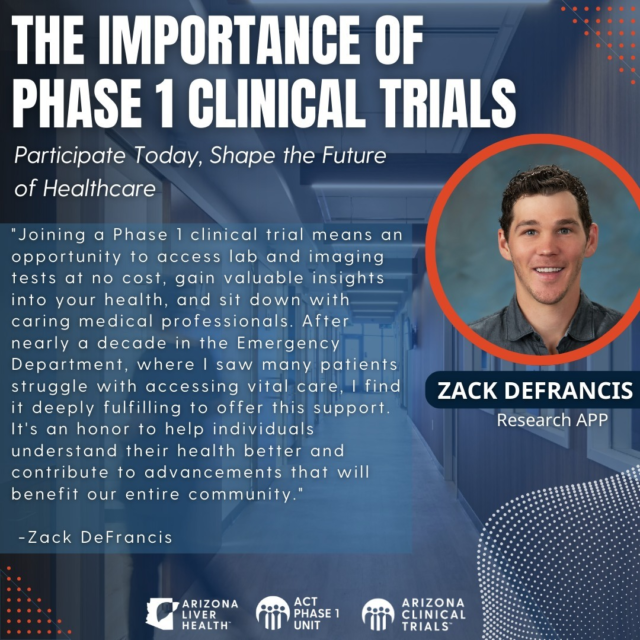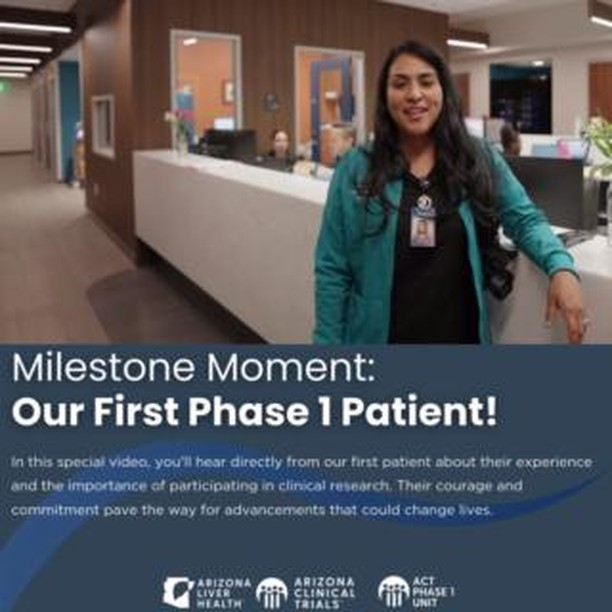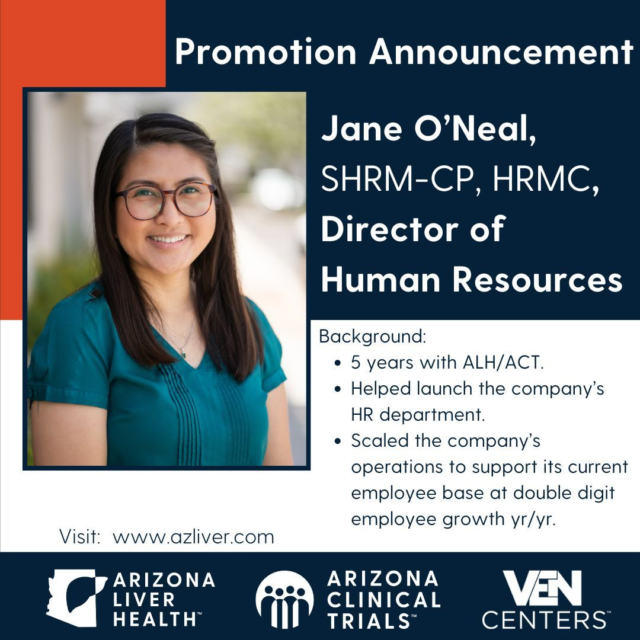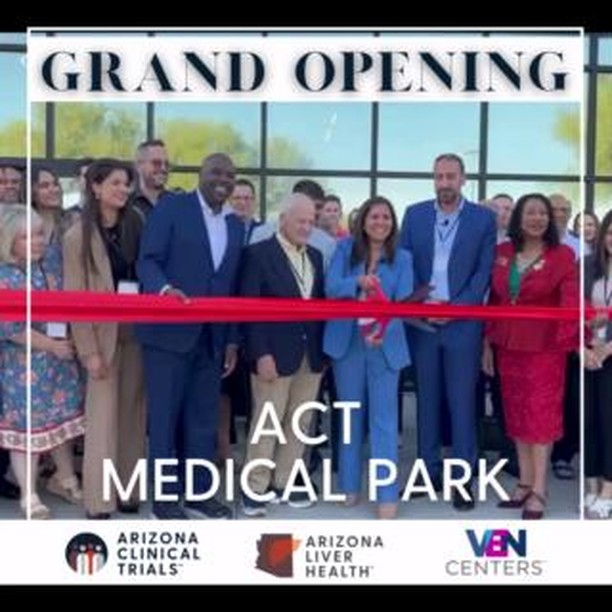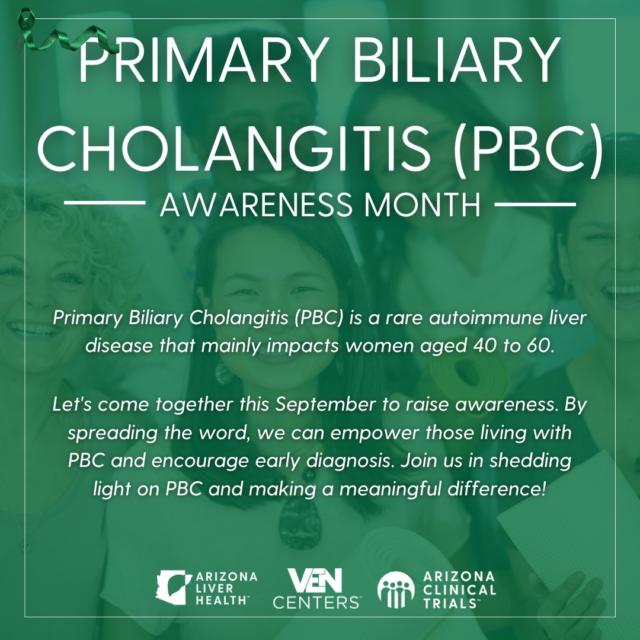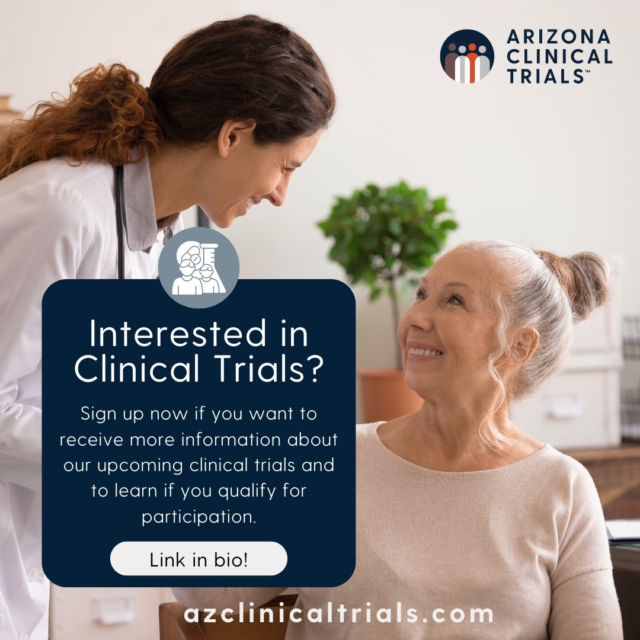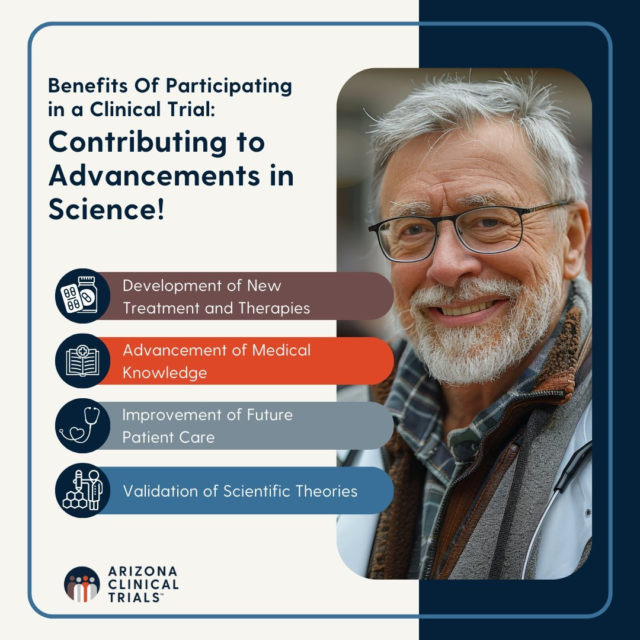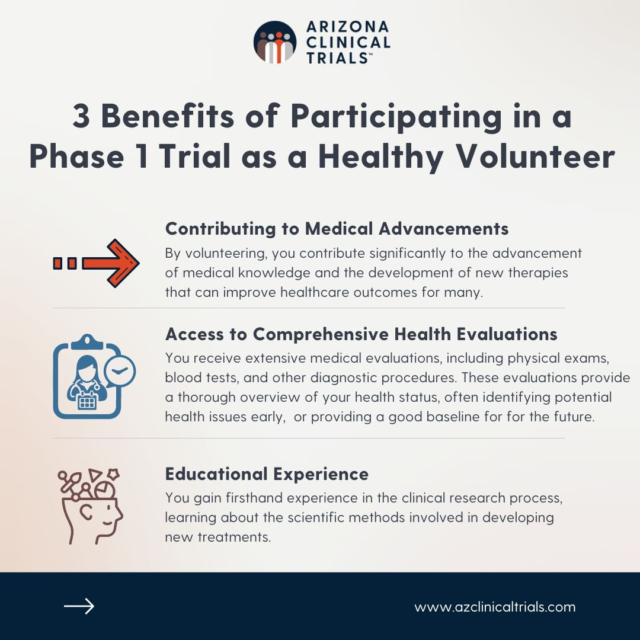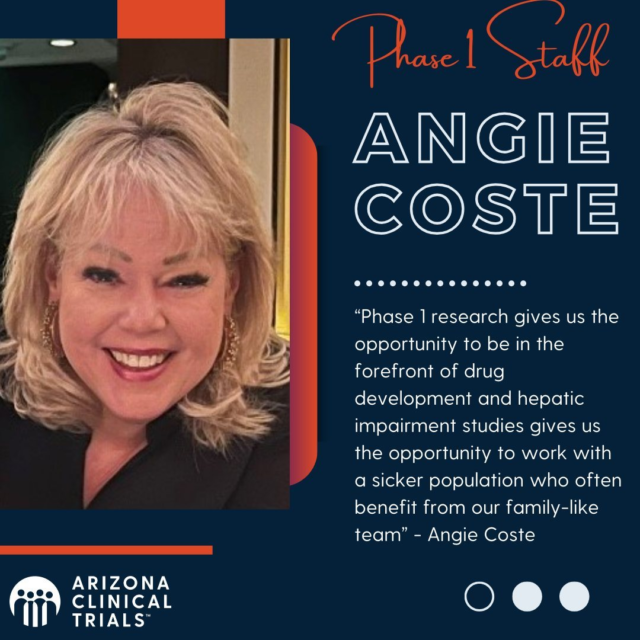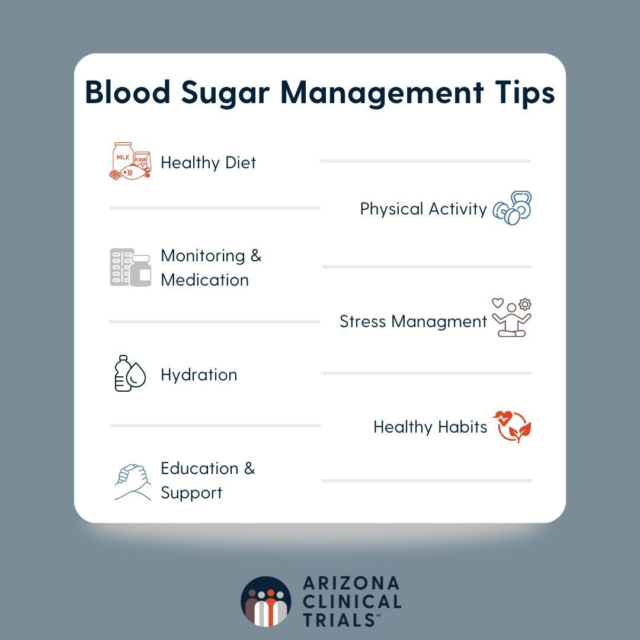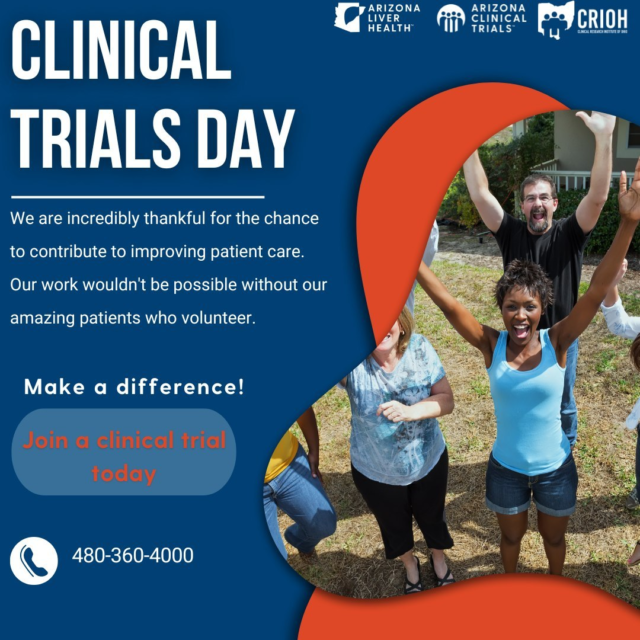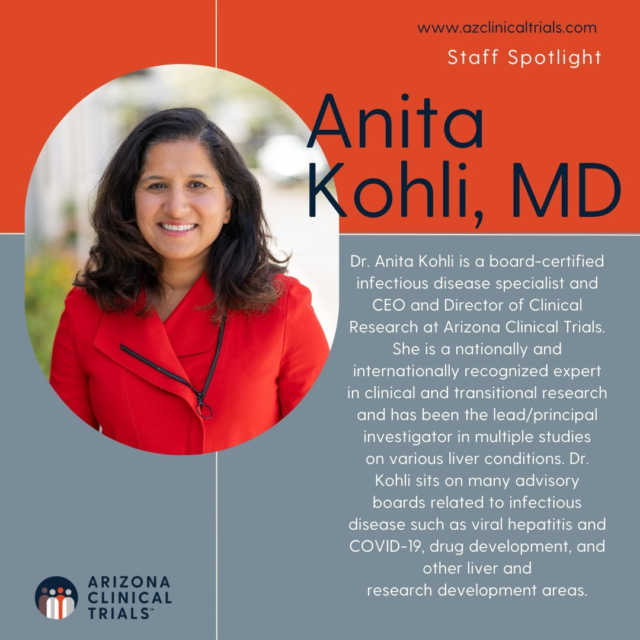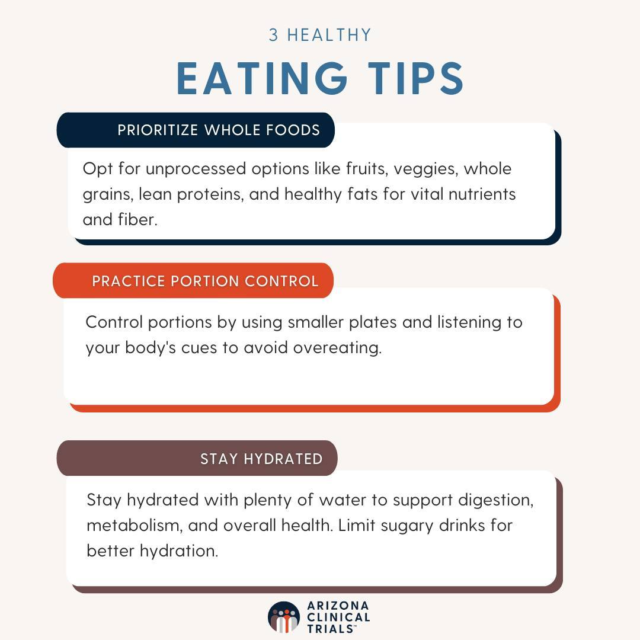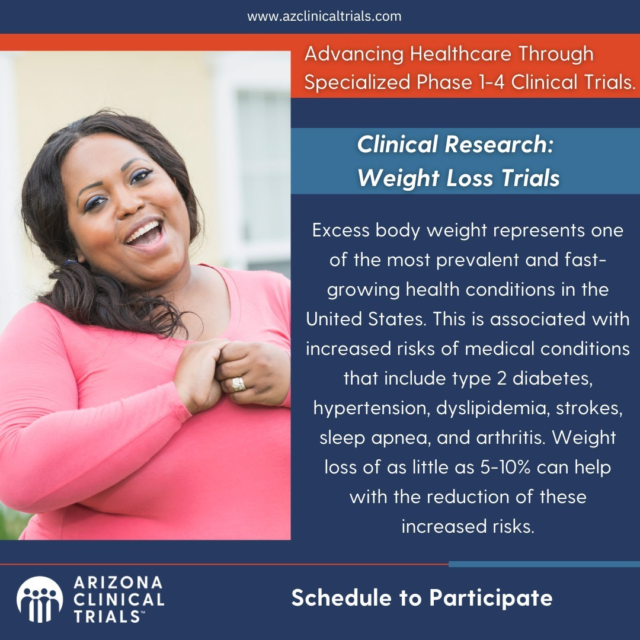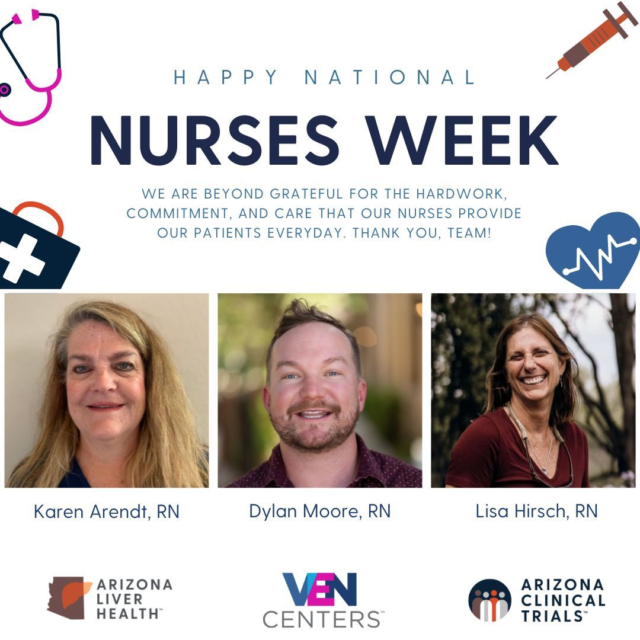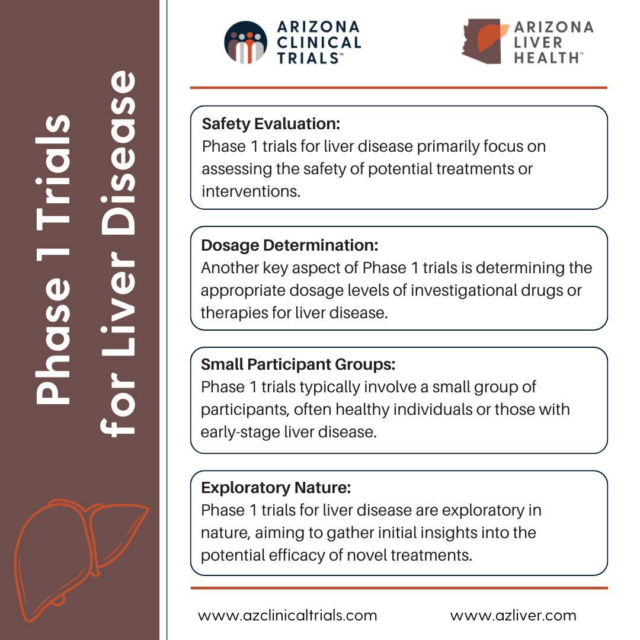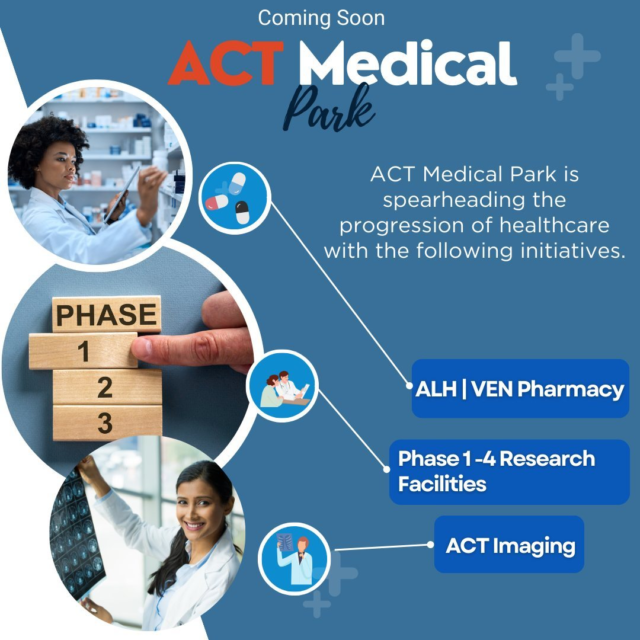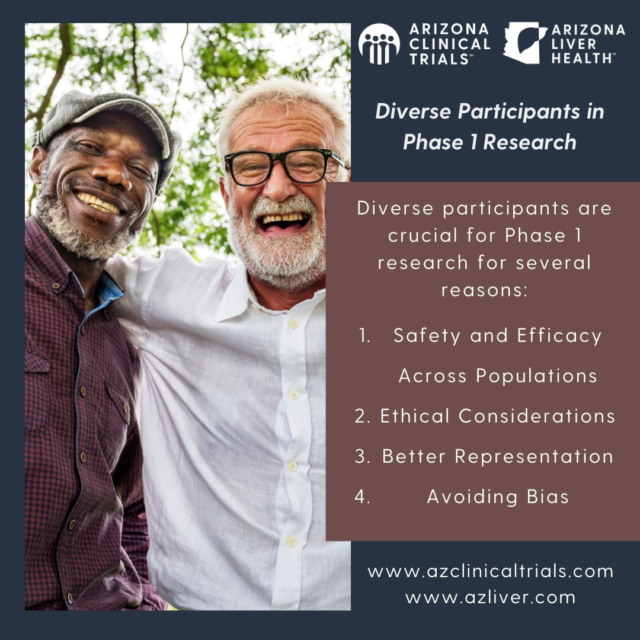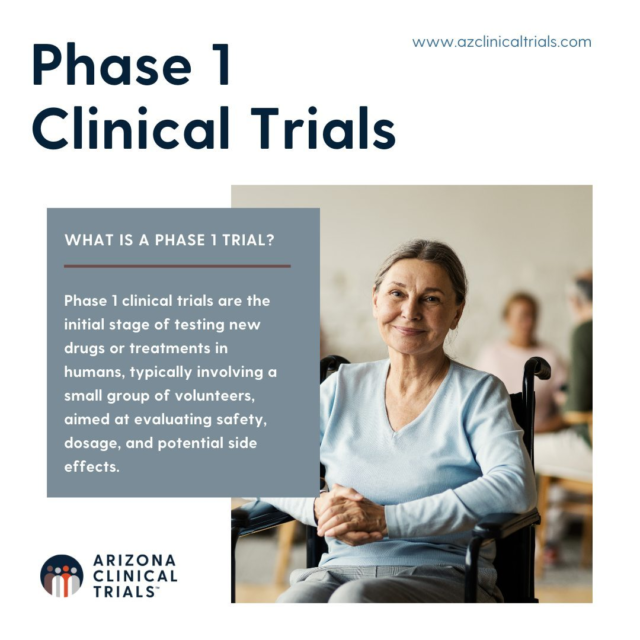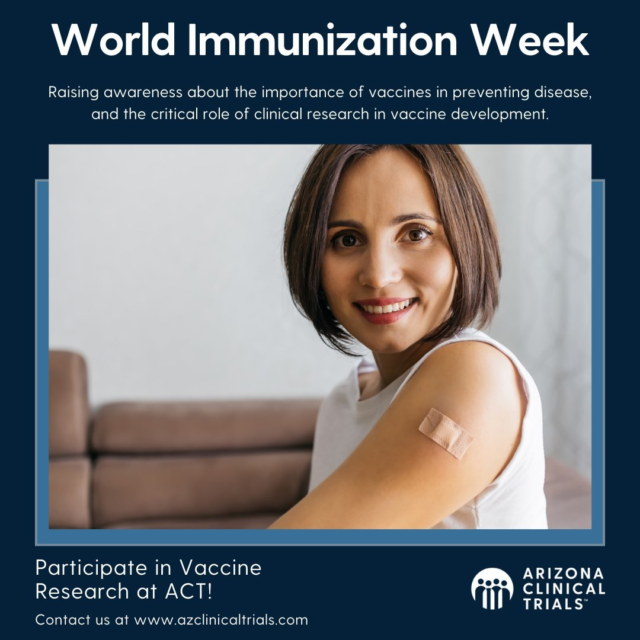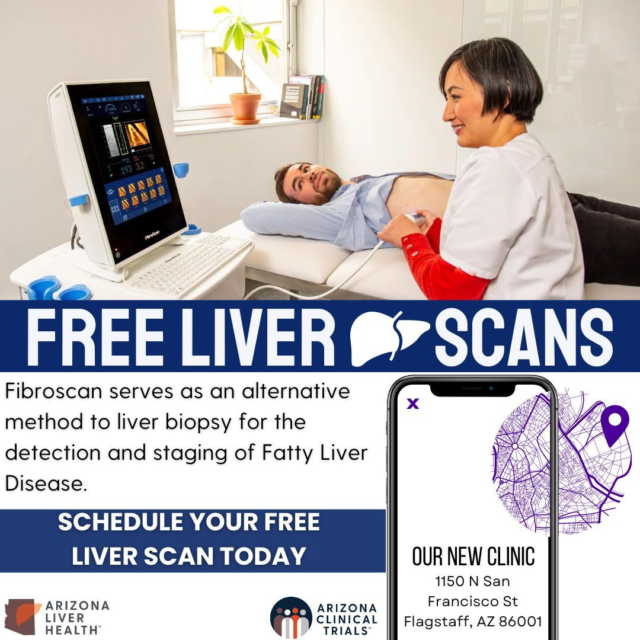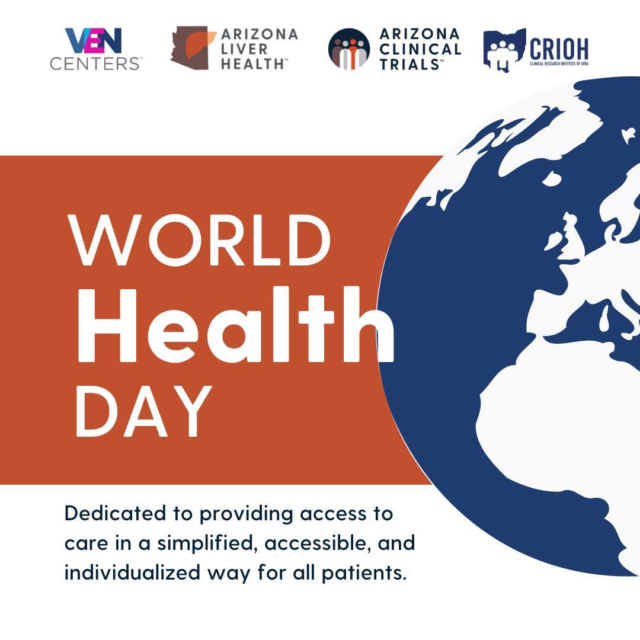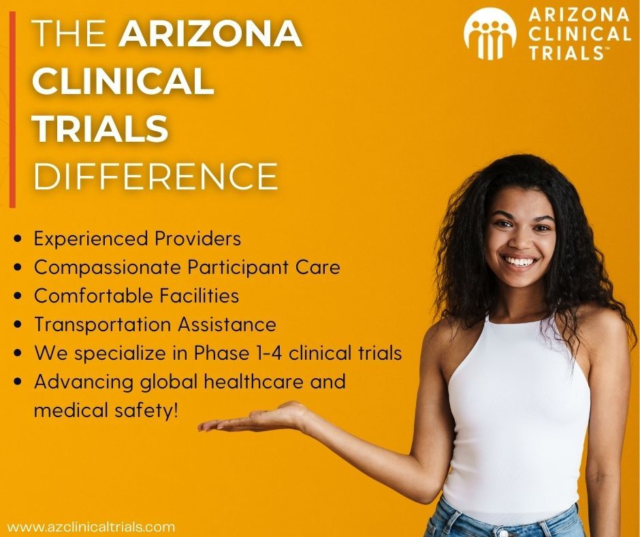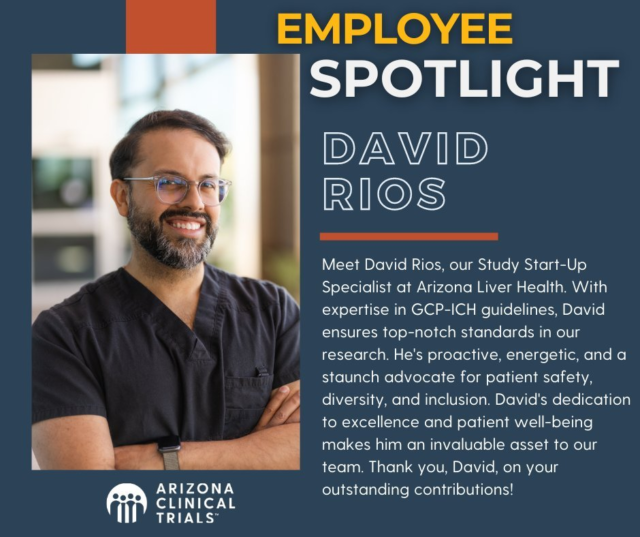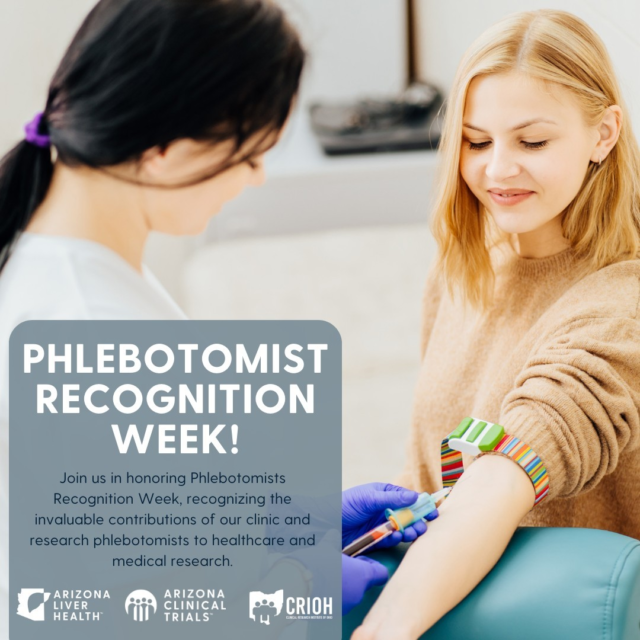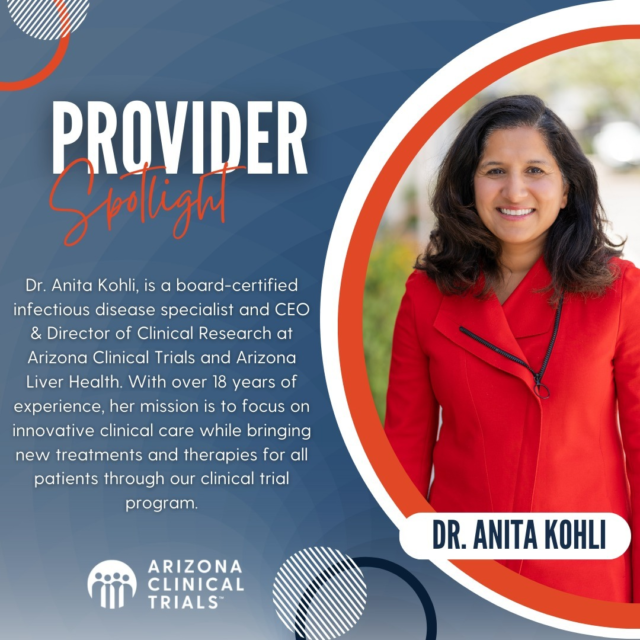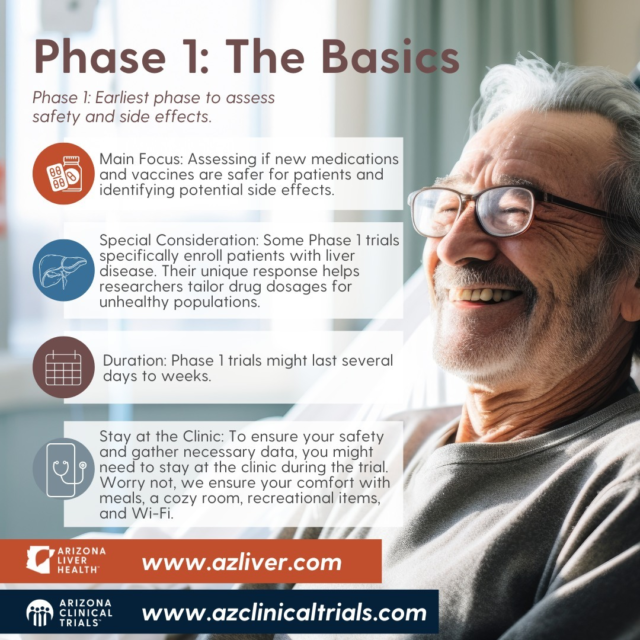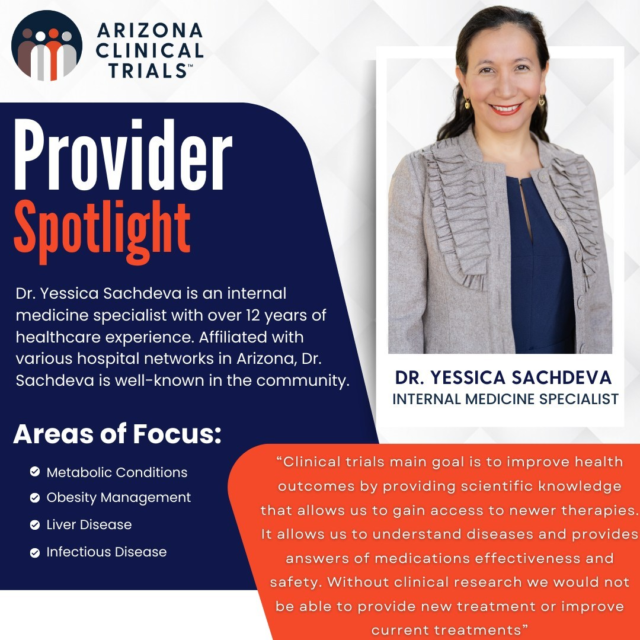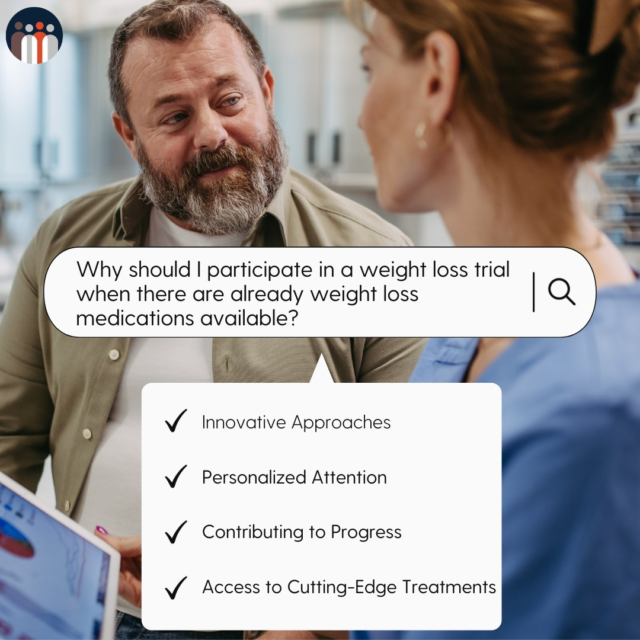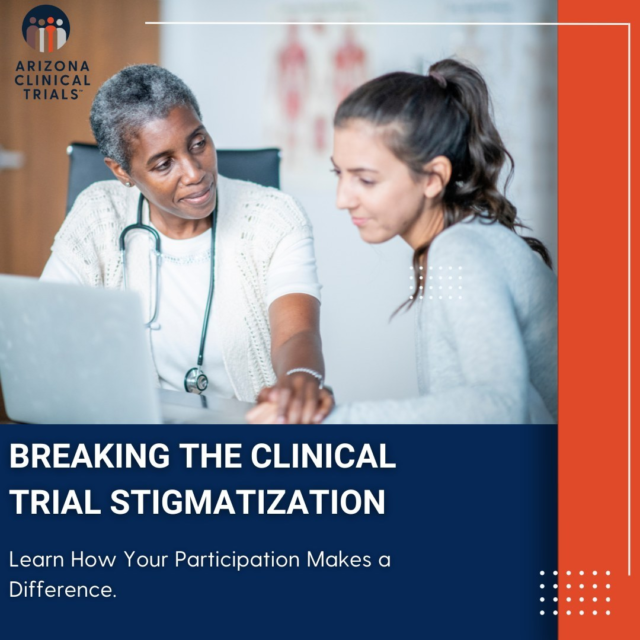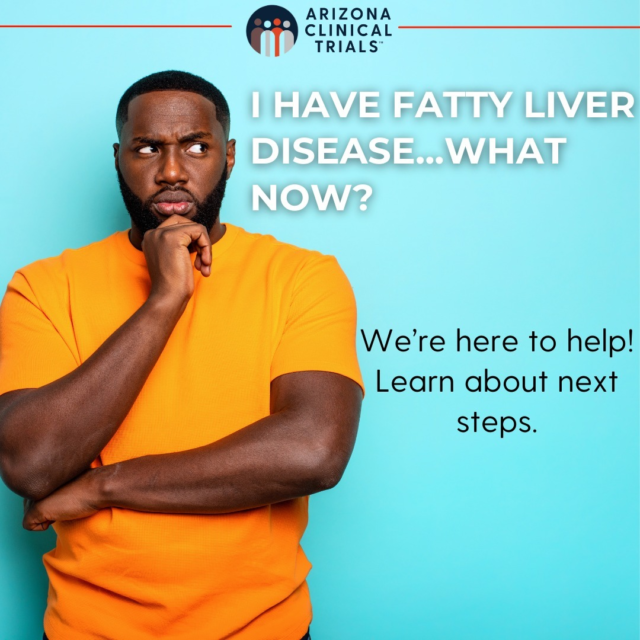Congenital cytomegalovirus (CMV) is a viral infection that affects many women and children worldwide and in Arizona. While CMV infection often goes unnoticed in healthy individuals, it can cause severe complications when transmitted from a pregnant woman to her unborn child. In this blog, we will discuss the impacts of congenital CMV on women and children, shedding light on its potential consequences and exploring preventive measures.
What is Congenital CMV?
Congenital CMV is when a baby is infected with the cytomegalovirus before birth. CMV is a common virus from the herpesvirus family and is mainly spread through bodily fluids such as saliva, urine, and blood. It is estimated that approximately 1% of all newborns are affected by congenital CMV, making it the most common viral infection during pregnancy.
Impact on Women:
- Maternal Health: CMV infection during pregnancy typically does not cause any significant symptoms in the mother. However, pregnant women who contract the virus for the first time may experience flu-like symptoms, such as fever, fatigue, and swollen glands. These symptoms are often mild and may be mistaken for other common illnesses. Regular prenatal check-ups and screening for CMV can help detect the infection early.
- Emotional Stress: A diagnosis of congenital CMV can be emotionally challenging for expectant mothers. The uncertainty and potential health risks associated with the infection can lead to anxiety, stress, and feelings of guilt. Proper support should be provided to help women navigate this difficult period.
Impact on Children:
- Hearing and Vision Loss: Congenital CMV is a leading cause of hearing loss in children. The virus can damage the auditory nerves, resulting in mild to severe hearing impairment or deafness. Additionally, it can affect the optic nerves, which may lead to visual impairments and even blindness.
- Neurological Complications: CMV can affect the developing brain, increasing the chances of neurological complications. Some children may experience developmental delays, intellectual disabilities, seizures, and motor skill impairments. These challenges can impact their overall quality of life and usually require specialized interventions and therapies.

Preventative Options for CMV
- Education and Awareness: Raising awareness about congenital CMV is crucial in preventing its transmission. Pregnant women should be educated about the risks associated with the virus and the preventive measures they can take, such as practicing good hygiene, avoiding close contact with young children’s saliva and urine, and refraining from sharing food, drinks, or utensils.
- Prenatal Screening: Routine prenatal screening for CMV during pregnancy can help identify women who are at risk of transmitting the infection to their unborn child. Early detection allows for appropriate medical interventions and monitoring throughout the pregnancy.
- Clinical Trials: While there are medications to help treat the symptoms associated with the virus, there is currently no cure for CMV. CMV studies are underway to help bring us closer to finding new treatments and potentially a cure.
Congenital CMV infection can have significant consequences for both women and children. While the impact on pregnant women is often mild, the potential long-term effects on children can be severe, including hearing and vision loss and neurological complications. By raising awareness and encouraging participation in local studies, we can strive to decrease the spread of CMV and make a difference in women’s and children’s lives!
Arizona Clinical Trials is looking for women to join CMV vaccine clinical trials in and around Phoenix and Tucson. Click here to learn how to get involved today!


